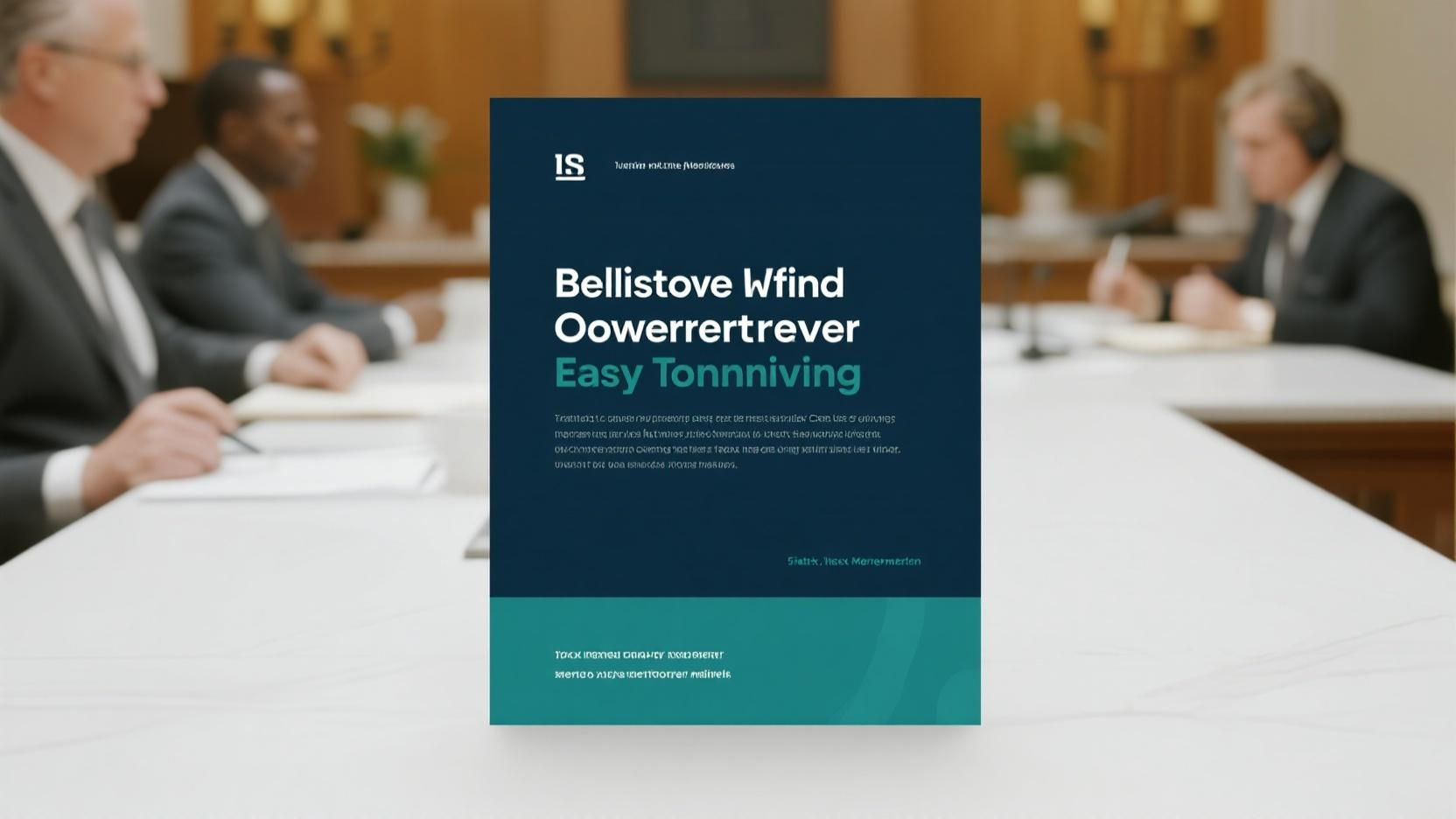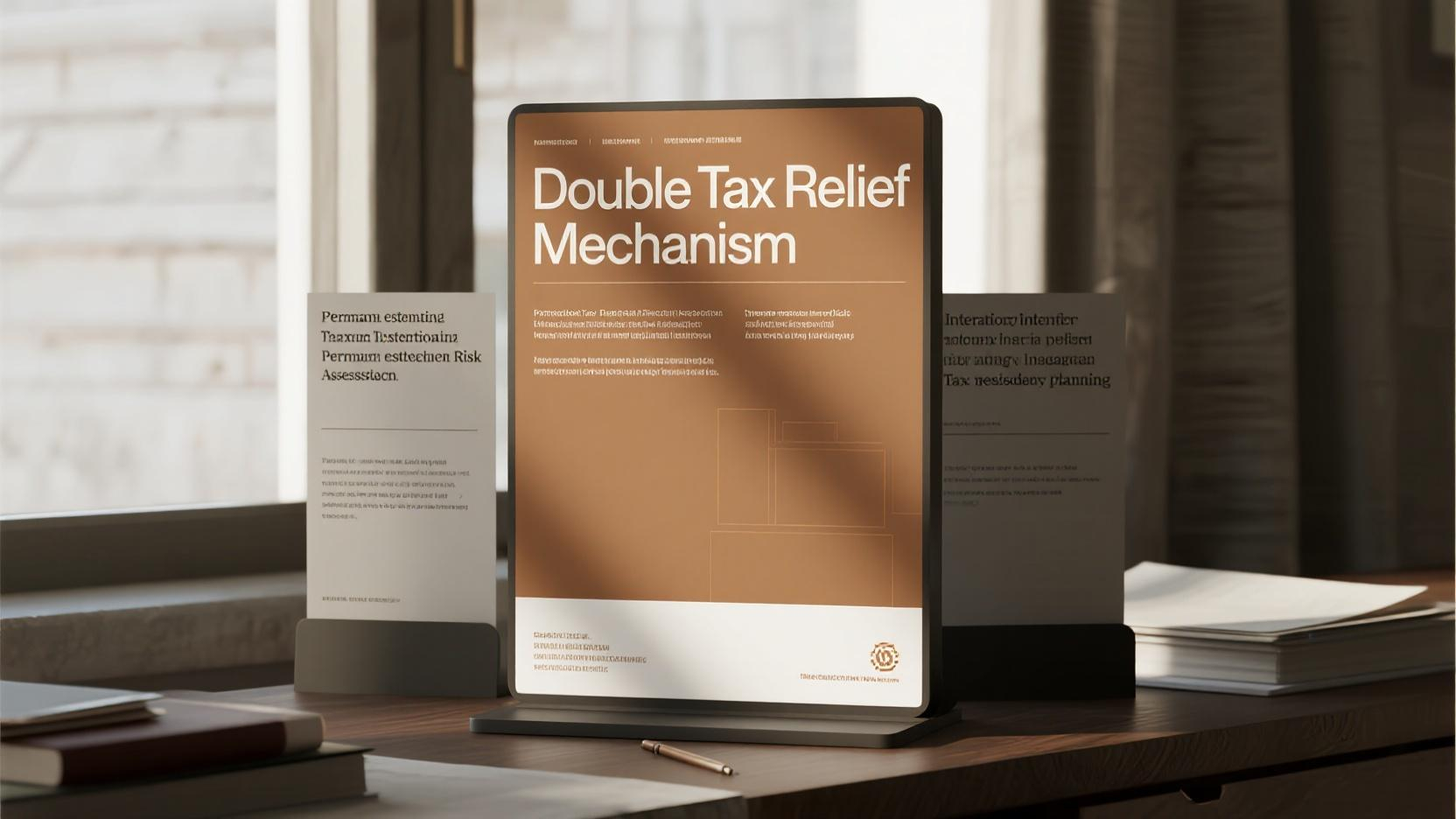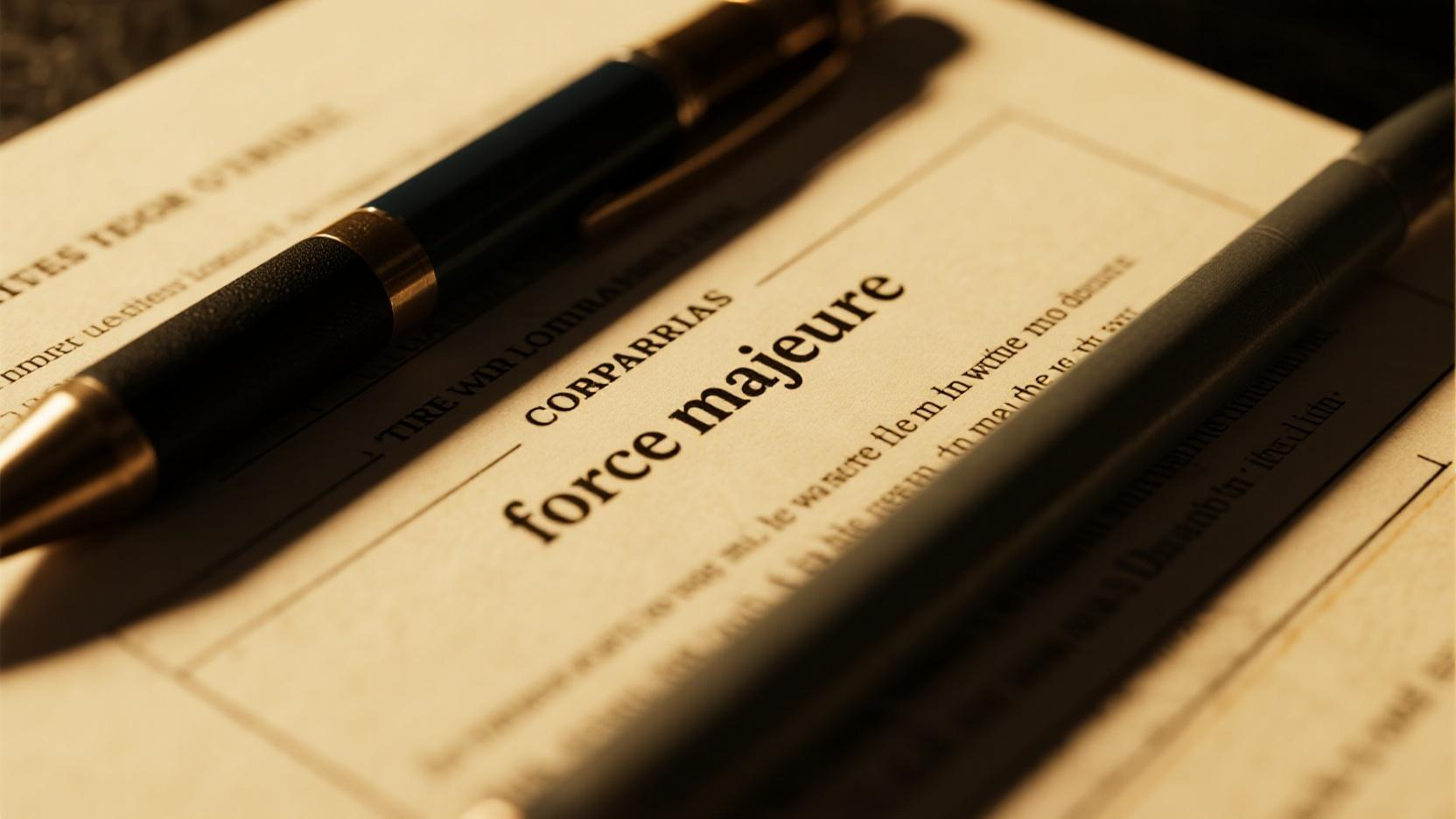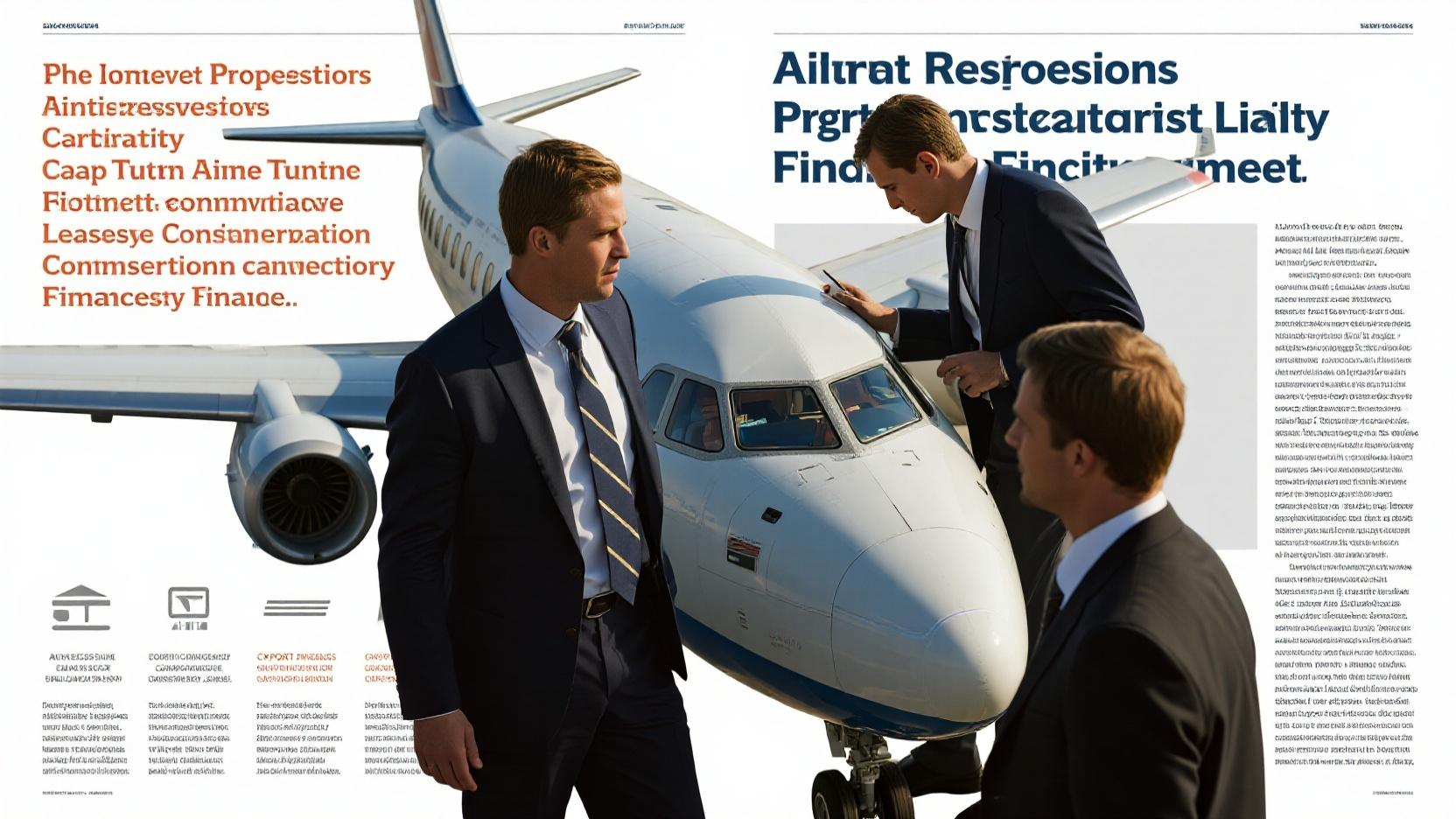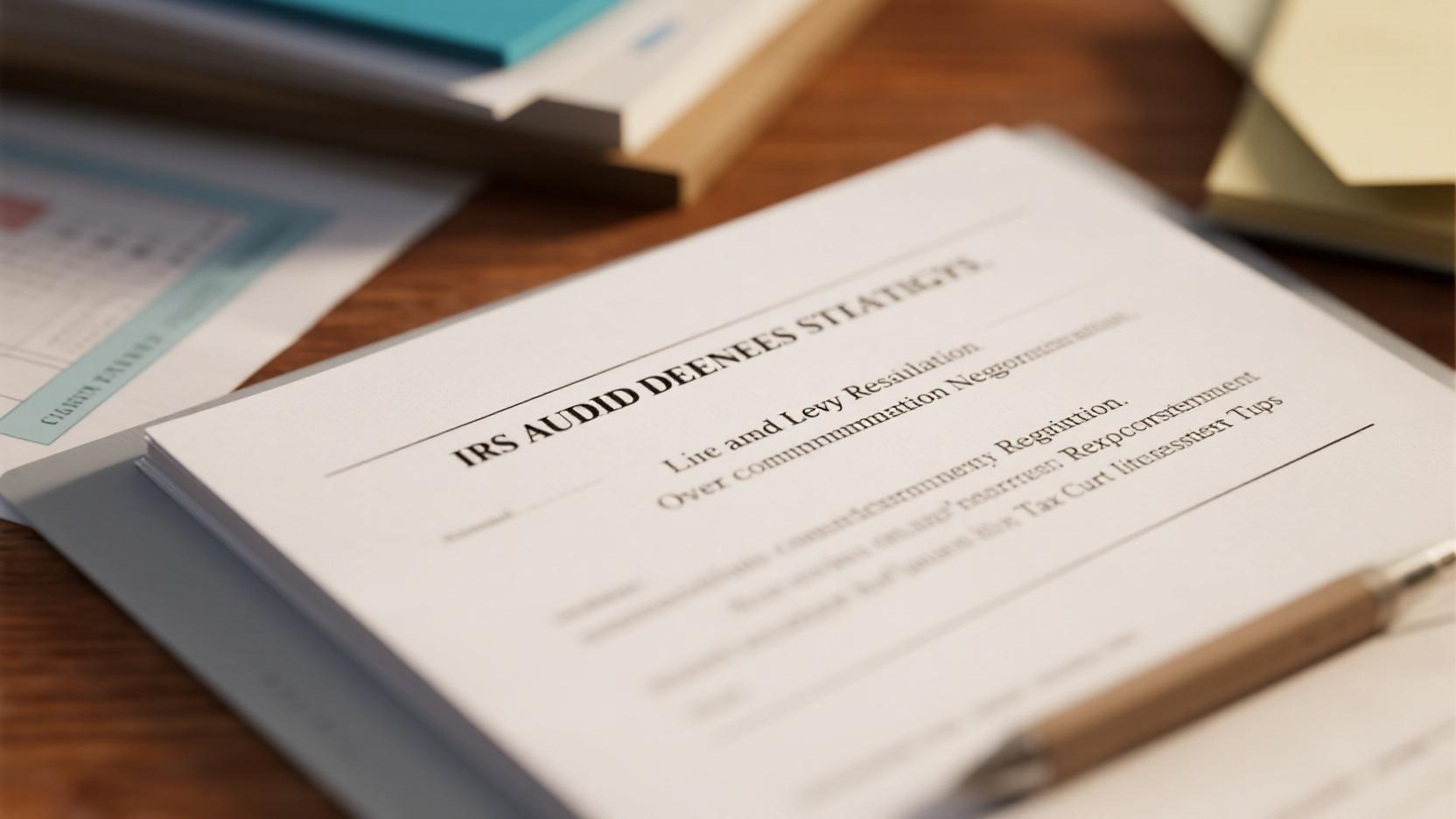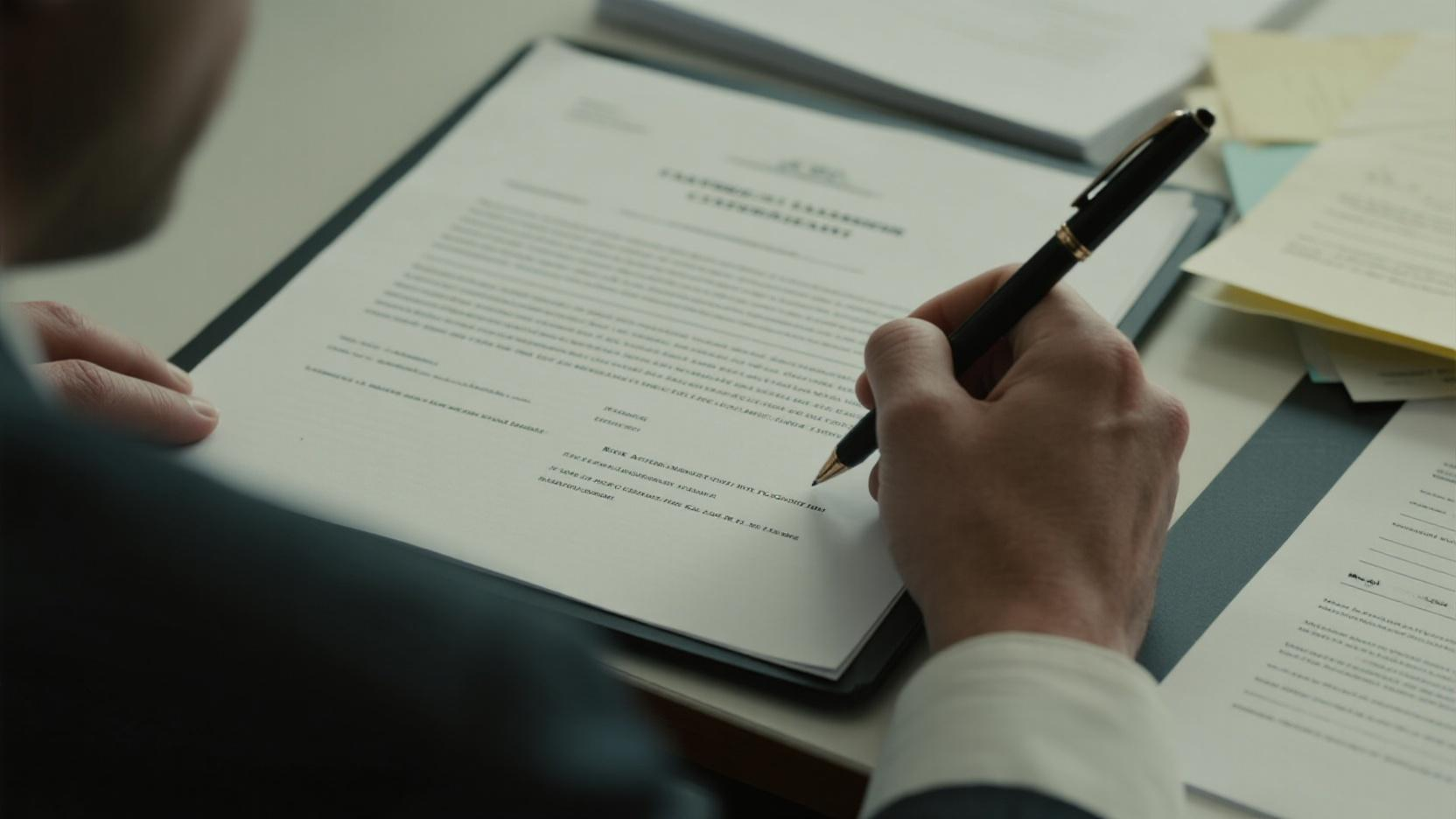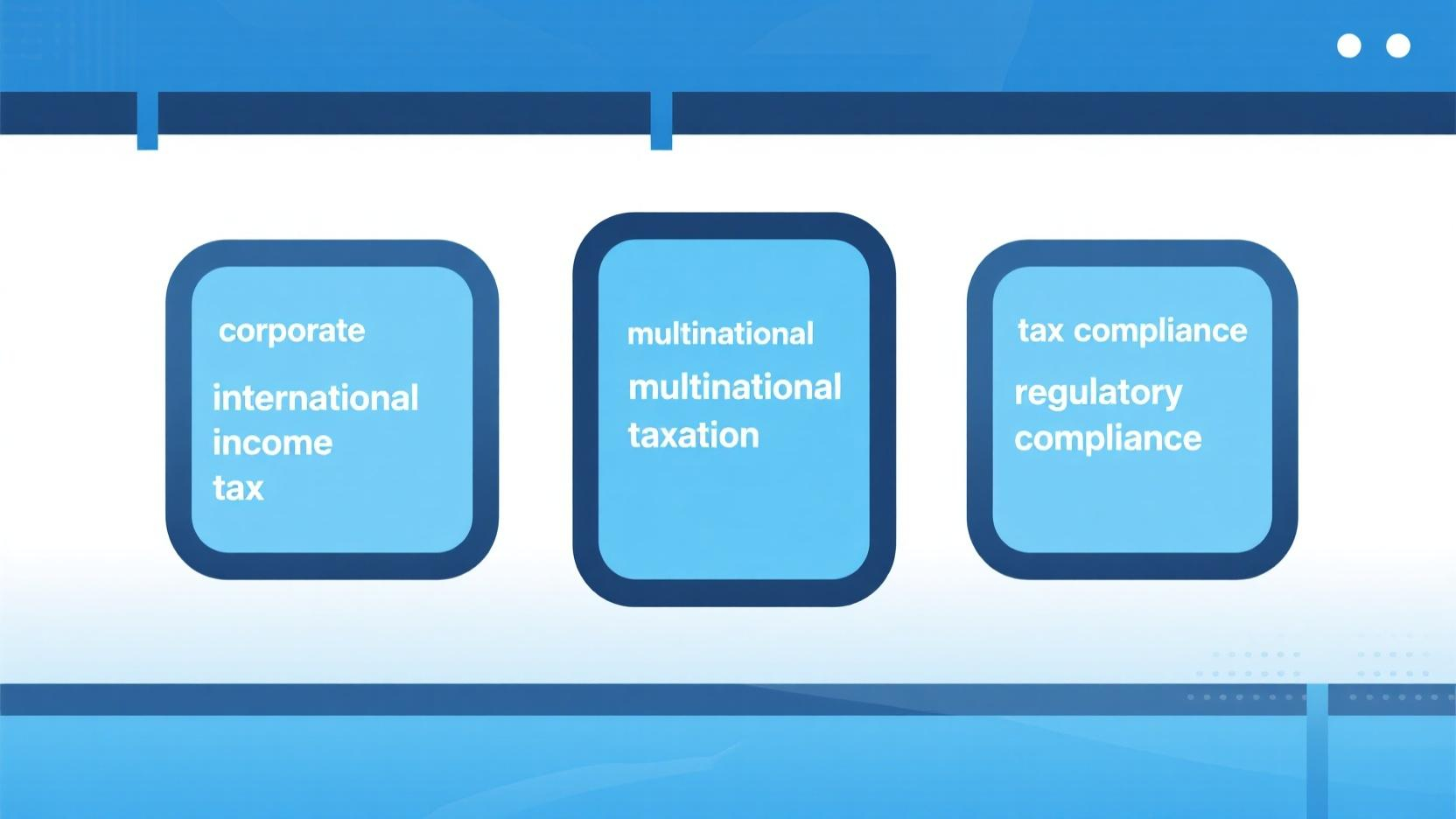Image Source: pexels
Force Majeure clauses provide businesses with a safety net during unpredictable events. These clauses address situations beyond human control, such as natural disasters, pandemics, or government actions. They ensure fairness by allowing parties to pause or adjust obligations when unforeseen challenges arise. By including these provisions, businesses can navigate crises with resilience and clarity.
Examples of Force Majeure events include:
- Natural disasters like hurricanes, earthquakes, and floods
- Pandemics such as COVID-19
- Government actions, including embargoes or legal changes
Force Majeure Clauses in Business Contracts and Their Applications demonstrate the importance of preparing for the unexpected.
Key Takeaways
- Force Majeure clauses help businesses avoid blame during sudden events. These events include things like storms or pandemics. They let companies delay or change duties without getting in trouble.
- List clear events in contracts to stop arguments. Add terms for pandemics and other risks to be ready for problems later.
- Check and update force majeure clauses often to stay prepared. This smart planning helps manage risks and keeps businesses running smoothly.
Understanding Force Majeure Clauses
Definition and Purpose
Force majeure clauses serve as a vital component in contracts, offering a safeguard against unforeseeable and uncontrollable events. These clauses aim to protect parties from liability when extraordinary circumstances prevent them from fulfilling their contractual obligations. By addressing risks such as natural disasters, pandemics, or government actions, force majeure clauses ensure that businesses can navigate disruptions without undue penalties.
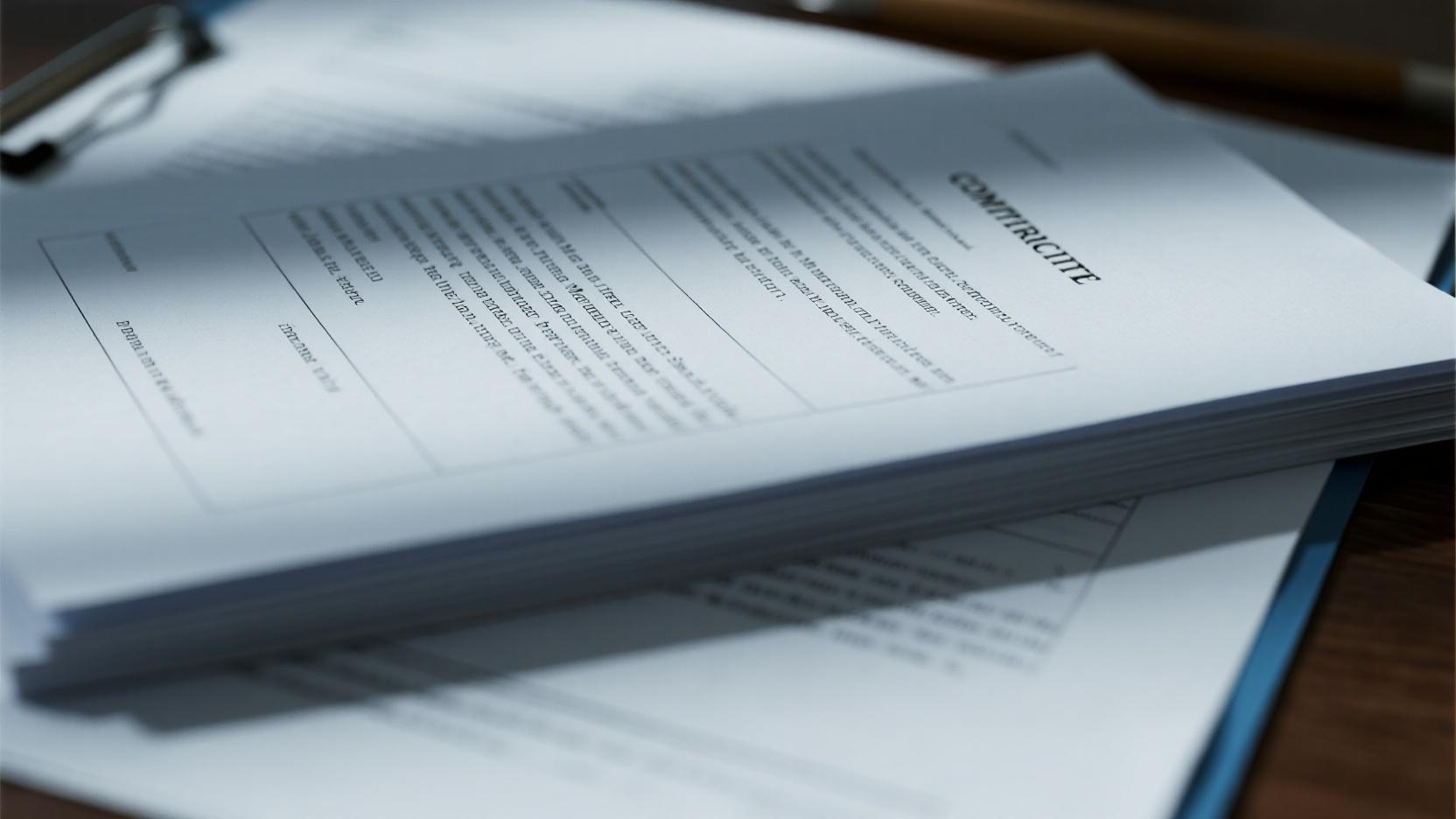
Tip: Including a well-drafted force majeure clause in a contract can provide clarity and reduce disputes during crises.
Force majeure clauses differ from general provisions by requiring events to meet specific criteria. These include being unforeseeable, external, and irresistible. For example, a hurricane that halts operations would qualify, but a foreseeable labor strike might not.
Legal Context and Framework
The legal interpretation of force majeure clauses varies across jurisdictions. In the United States, courts often interpret these clauses narrowly, requiring explicit mention of covered events. For instance, in Kel Kim Corp. v. Central Markets, Inc. (1987), the New York Court of Appeals emphasized that only events explicitly listed in the contract could invoke force majeure.
-
Key legal principles include:
- The event must be unexpected, unavoidable, and beyond the parties’ control.
- The burden of proof lies with the party invoking the clause.
The Uniform Commercial Code (UCC) also addresses force majeure under Section 2-615. It allows sellers to excuse performance if unforeseen events make it impossible to deliver goods.
| Jurisdiction | Interpretation Type | Key Characteristics |
|---|---|---|
| US | Narrow | Requires specific events to be listed in the contract |
| France | Broad | Allows for a wider range of events under civil law principles |
How They Operate in Contracts
Force majeure clauses operate by temporarily suspending or excusing contractual obligations when qualifying events occur. These clauses allocate risk between parties, ensuring fairness during disruptions. For example, if a supplier cannot deliver goods due to a flood, the clause may excuse the delay without penalties.
To invoke a force majeure clause, the affected party must typically provide timely notice and evidence of the event’s impact. This ensures transparency and allows the other party to mitigate potential losses.
Force Majeure Clauses in Business Contracts and Their Applications highlight the importance of clear drafting. A well-defined clause can prevent disputes and protect businesses from financial and legal repercussions.
Key Elements of Force Majeure Clauses
Covered Events and Examples
Force majeure clauses define specific events that excuse contractual obligations. These events typically fall into categories such as natural disasters, human-made disruptions, and pandemics. For instance:
- Natural disasters: Earthquakes, floods, hurricanes, and wildfires.
- Human-made events: Wars, terrorism, strikes, and government actions like embargoes or expropriation.
- Pandemics: Health crises, including COVID-19.
| Category | Examples |
|---|---|
| Natural Disasters | Earthquakes, floods, hurricanes, droughts, fires |
| Human-Made Events | Wars, terrorism, riots, strikes, civil unrest, embargoes |
| Pandemics | Health crises such as COVID-19 |
These examples highlight the importance of tailoring clauses to industry-specific risks. For instance, a construction company might prioritize natural disasters, while a global supplier may focus on government actions or pandemics.
Obligations and Notice Requirements
When invoking a force majeure clause, businesses must fulfill specific obligations to ensure its validity. These include:
- Clearly defining qualifying events in the contract.
- Providing timely notice to the other party, often within a specified period.
- Demonstrating efforts to mitigate the impact of the event.
For example, a supplier affected by a flood must notify their client promptly and explore alternative delivery options. Contracts may also outline whether obligations are suspended or terminated during the event. Compliance with governing laws ensures the clause remains enforceable.
Tip: Including clear notice requirements in contracts fosters transparency and minimizes disputes.
Limitations and Exclusions
Force majeure clauses often include limitations to prevent misuse. Common exclusions are:
- Acts of God: Excludes liability for natural events like floods or hurricanes.
- Exclusion of Consequential Damages: Limits liability to direct damages, excluding indirect losses.
- Time Limitation for Claims: Specifies a period for raising claims, often within one year.
| Limitation Type | Description |
|---|---|
| Monetary Cap on Damages | Caps damages that can be claimed, often tied to the contract value. |
| Time Limitation for Claims | Requires claims to be raised within a specific timeframe. |
| Exclusion of Consequential Damages | Limits liability to direct damages, excluding indirect or secondary losses. |
These limitations ensure fairness by balancing the rights and responsibilities of both parties. Businesses should review these clauses regularly to align with evolving risks.
Importance of Force Majeure Clauses in Business Contracts
Image Source: pexels
Mitigating Risks and Ensuring Continuity
Force majeure clauses act as a shield for businesses during unpredictable events. They help mitigate risks by clearly defining what constitutes a triggering event. This clarity reduces ambiguity and provides a solid foundation for invoking the clause. For example, businesses affected by natural disasters like hurricanes or floods can rely on these clauses to avoid financial losses.
These provisions also preserve business relationships by preventing disputes over fault. When both parties understand their obligations during a crisis, they can focus on finding solutions rather than assigning blame. Additionally, force majeure clauses ensure continuity by offering mechanisms to pause or adjust contractual duties until normalcy returns.
Tip: Including a well-drafted force majeure clause in contracts can safeguard businesses from unexpected challenges and promote resilience.
Protecting Against Liability
Force majeure clauses protect businesses from liability when unforeseen events disrupt operations. For instance, during the COVID-19 pandemic, many restaurants invoked these clauses to cancel services without facing breach of contract claims. Similarly, companies affected by Hurricane Helene used these provisions to excuse non-performance and avoid legal repercussions.
Without such clauses, businesses risk significant financial losses and strained relationships. A clear force majeure clause provides legal protection, ensuring that parties are not held accountable for circumstances beyond their control. This protection fosters trust and stability in business partnerships.
Promoting Fairness in Unforeseen Situations
Force majeure clauses promote fairness by balancing the rights and responsibilities of both parties. They ensure that neither side bears an unfair burden during extraordinary events. For example, a supplier unable to deliver goods due to a flood can invoke the clause, preventing disputes over fault.
A well-drafted clause also protects partnerships by fostering transparency and reducing conflicts. By addressing risks equitably, these provisions create a foundation for long-term collaboration. Industries like real estate, hospitality, and energy law rely heavily on force majeure clauses to maintain fairness and enforceability in their contracts.
Note: Businesses should regularly review their contracts to ensure that force majeure clauses remain relevant and effective.
Real-World Applications of Force Majeure Clauses
Image Source: pexels
Lessons from the COVID-19 Pandemic
The COVID-19 pandemic tested the resilience of businesses worldwide. It highlighted the importance of well-drafted force majeure clauses in addressing unprecedented challenges. Many businesses sought relief under these clauses, but courts often required explicit language in contracts to excuse nonperformance.
The COVID-19 pandemic has shown that being excused from contractual obligations due to force majeure is rare. Courts have upheld that parties must perform their contractual duties unless the contract explicitly allocates the risk of unforeseen events. For instance, in a case involving a study abroad program, the court dismissed a lawsuit because the contract included a force majeure clause that covered epidemics. Similarly, in a case with an art auction house, the court ruled that the pandemic qualified as a natural disaster under the contract’s force majeure clause.
This experience taught businesses to review and update their contracts regularly. Including specific terms for pandemics and other global crises ensures better preparedness for future disruptions.
Supply Chain Disruptions and Case Studies
Force majeure clauses play a critical role in managing supply chain disruptions. They provide a legal framework for suspending or excusing performance during unforeseen circumstances. For example, during the pandemic, many suppliers invoked these clauses to address delays caused by factory shutdowns and transportation restrictions.
- These clauses allow parties to temporarily suspend or excuse performance due to unforeseen events.
- They mitigate financial losses and clarify legal obligations during unpredictable events.
- Updated clauses now include specific terms for pandemics and geopolitical conflicts, reflecting the need to address potential disruptions.
By enabling adjustments during crises, force majeure clauses help businesses maintain continuity and protect partnerships.
Legal Disputes and Outcomes
Legal disputes often arise when parties disagree on the applicability of force majeure clauses. Courts typically interpret these clauses narrowly, requiring specific language to excuse nonperformance.
- Elavon, Inc. v. Wachovia Bank, National Association: The court ruled that the economic downturn of 2008 was not an "act of God" and did not excuse performance under the contract.
- Tri-Town Construction Company v. Commerce Park Associates 12, LLC: The Supreme Court of Rhode Island found that the economic collapse did not constitute a substantial frustration of purpose to excuse performance.
- 7200 Scottsdale Rd. Gen. Partners v. Kuhn Farm Mach., Inc.: The court held that the threat of terrorism did not make performance impossible, as some attendees still planned to attend the convention.
These cases emphasize the importance of precise language in force majeure clauses. Businesses must ensure their contracts clearly define covered events and obligations to avoid costly disputes.
Practical Tips for Managing Force Majeure Clauses
Drafting Effective Clauses
Drafting a robust force majeure clause requires precision and foresight. Businesses should clearly define qualifying events while leaving room for unforeseen circumstances. For example, specifying "pandemics" or "government-imposed restrictions" ensures clarity. Including notice requirements and timelines for invoking the clause fosters transparency.
Tip: Require the affected party to provide periodic updates on the event’s progress. This keeps all parties informed and aligned.
Mitigation obligations should also be included to encourage proactive measures during disruptions. For instance, a supplier might explore alternative delivery methods during a natural disaster. Additionally, clauses should address whether obligations are suspended or terminated based on the event’s duration. Consulting legal professionals ensures compliance with governing laws and industry standards.
Regular Contract Reviews
Regular reviews of force majeure clauses help businesses adapt to changing circumstances. The COVID-19 pandemic revealed inadequacies in many existing contracts, which often lacked specific terms for global crises. Updating these clauses can prevent significant financial losses during future disruptions.
| Benefit | Description |
|---|---|
| Adapt to Changing Circumstances | Reflect changes in business operations and potential risks. |
| Risk Management | Enhance business continuity and minimize financial exposure. |
Businesses should schedule periodic reviews to ensure their contracts remain relevant. This proactive approach strengthens risk management strategies and prepares organizations for unforeseen challenges.
Seeking Professional Legal Advice
Legal expertise is invaluable when managing force majeure clauses. Attorneys can help businesses draft enforceable clauses with clear language and specific terms. They also ensure compliance with applicable laws, reducing the risk of disputes.
Note: Poorly drafted clauses can lead to costly litigation. For example, unclear definitions in the Nord Naphtha v New Stream Trading case resulted in significant financial losses.
Prompt communication and thorough documentation of force majeure events further strengthen enforceability. Seeking professional advice equips businesses with the tools to navigate crises effectively and maintain strong partnerships.
Force Majeure clauses empower businesses to navigate unforeseen challenges with resilience. They mitigate financial losses, clarify legal obligations, and preserve relationships during unpredictable events. Regular updates ensure these clauses adapt to evolving risks, while consulting legal professionals guarantees their effectiveness. By prioritizing clear drafting and proactive planning, businesses can protect partnerships and maintain continuity.
Tip: Collaborating with legal experts ensures contracts address risks comprehensively and foster cooperation during crises.
FAQ
What is the difference between Force Majeure and frustration of contract?
Force Majeure clauses are contractual provisions. Frustration of contract arises when unforeseen events make performance impossible, even without a specific clause.
Note: Force Majeure requires explicit inclusion in contracts, while frustration applies automatically under common law.
Can Force Majeure clauses cover financial hardships?
Generally, financial hardships are not covered. Courts often exclude economic downturns unless explicitly stated in the contract.
Tip: Specify financial risks in your clause to avoid disputes.
How can businesses ensure enforceable Force Majeure clauses?
Define covered events clearly. Include notice requirements and mitigation obligations. Regularly review and update clauses to reflect evolving risks.
Emoji Reminder: ✍️ Drafting with precision ensures clarity and enforceability.

